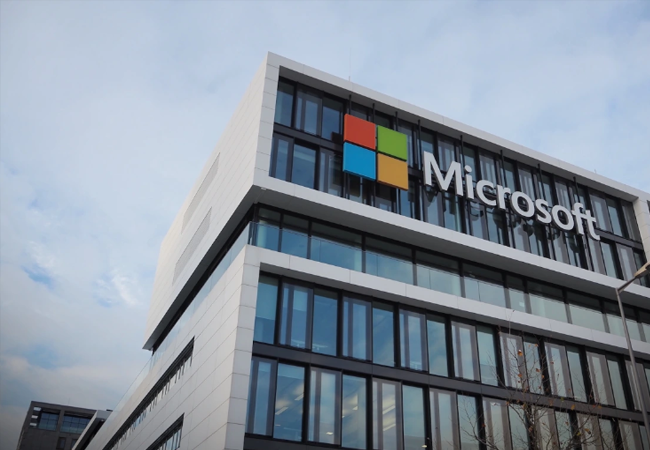In an escalating era of cybersecurity threats, Microsoft recently fell victim to a sophisticated digital incursion. The incident, suspected to be orchestrated by the Chinese-backed hacker group, Storm-0558, saw the theft of a significant Microsoft signing key. This situation has had severe implications, granting the hackers unauthorized access to an array of email accounts, some of which are linked to federal government agencies.
How the Hackers Exploited a Microsoft Signing Key
Under the cloak of digital anonymity, Storm-0558 skillfully exploited a Microsoft signing key, forging authentication tokens and thereby gaining unwarranted entry into multiple email accounts. The technique used by the hackers to misappropriate the key was intricate and refined, showcasing the evolving sophistication of cybersecurity threats we face today.
The Role of Storm-0558: Ties with China
Storm-0558, the group identified as the principal perpetrator, has previously demonstrated links to China. Despite this, formal attribution of the hack to the U.S. government remains elusive. The group's potential connections to China and their involvement in the hack poses geopolitical implications that extend beyond the cybersecurity landscape.
Microsoft's Countermeasures: Blocking and Bolstering
In response to the cyber attack, Microsoft has adopted a multi-faceted approach. Primarily, they have blocked the malicious activities associated with Storm-0558. Concurrently, they've bolstered their key issuance systems, which play a crucial role in authentication processes, to thwart similar incidents in the future. Furthermore, Microsoft has made substantial efforts in identifying and securing compromised accounts to mitigate any potential fallout.
The Controversy Surrounding Microsoft's Response
Despite the measures put in place by Microsoft, their handling of the incident has fallen under considerable scrutiny. Many are drawing parallels between Microsoft's response and that of the SolarWinds breach - an event known for its severe impact and highly criticized response strategy.
The Federal Government's Role: Detection and Response
The discovery of the breach was credited to the State Department, shedding light on the vast differences in detection capabilities across various government agencies. Some agencies were found to lack sufficient security logging capabilities, making it difficult to identify such incursions promptly.
Future Perspectives: Learning and Improving
As the investigation continues, Microsoft remains committed to reviewing feedback and improving its security protocols. Their ultimate goal is to provide stakeholders with more detailed information about the breach and, most importantly, to prevent similar occurrences in the future.
Conclusion
In this interconnected digital landscape, maintaining an ironclad cybersecurity framework is paramount. The incident involving Microsoft and Storm-0558 is a stern reminder that the pursuit of cybersecurity is an ongoing journey, requiring constant vigilance and adaptation. The hope is that the lessons learned from this incident will reinforce our defenses and prepare us better for the cybersecurity challenges of tomorrow.


Post a Comment